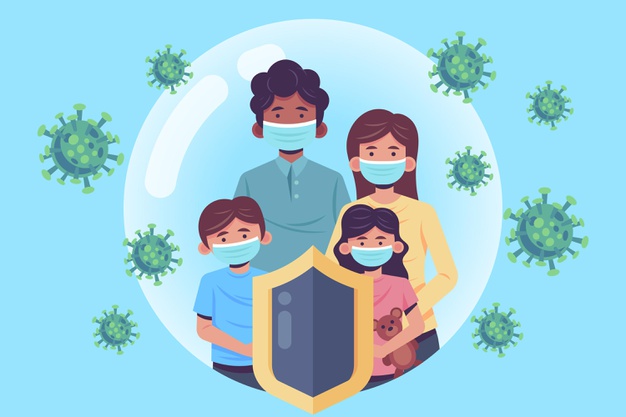Tickling is often seen as a harmless and playful activity, especially when it comes to children. However, research has shown that tickling can actually be quite harmful to kids, both physically and emotionally.
Firstly, tickling can cause physical harm to children. The act of tickling stimulates sensitive nerve endings, which can cause the body to involuntarily respond with laughter or squirming. However, when tickling becomes too intense or prolonged, it can cause children to feel pain or discomfort, and can even lead to injury if they are unable to escape or stop the tickling.
Secondly, tickling can also cause emotional harm to children. Children who are tickled against their will or are tickled in a way that makes them feel uncomfortable or unsafe may develop feelings of anxiety, fear, or mistrust. Additionally, tickling can also be used as a form of bullying, manipulation, or abuse, which can have long-term emotional consequences for children.
Furthermore, tickling can also be a form of violating personal boundaries. Children should be taught about personal boundaries and the importance of respecting them. Tickling someone without their consent can make them feel uncomfortable and unsafe and disregards their autonomy. It can also normalize the behavior of not respecting boundaries, which can lead to bigger issues in their future relationships.
Another issue is that tickling can also perpetuate power imbalances. Tickling is often done by an adult or older child to a younger child, which can create power imbalances between them. This can make the child feel powerless, and can also contribute to feelings of anxiety and mistrust.
In conclusion, tickling may seem like a harmless and playful activity, but it can actually be quite harmful to children. It can cause physical harm, and emotional harm, violate personal boundaries, and perpetuate power imbalances. Therefore, it is important for parents, educators, and caregivers to be aware of the potential negative effects of tickling and to discourage this behavior. Instead, they should encourage children to communicate their boundaries and respect them.
![]()











